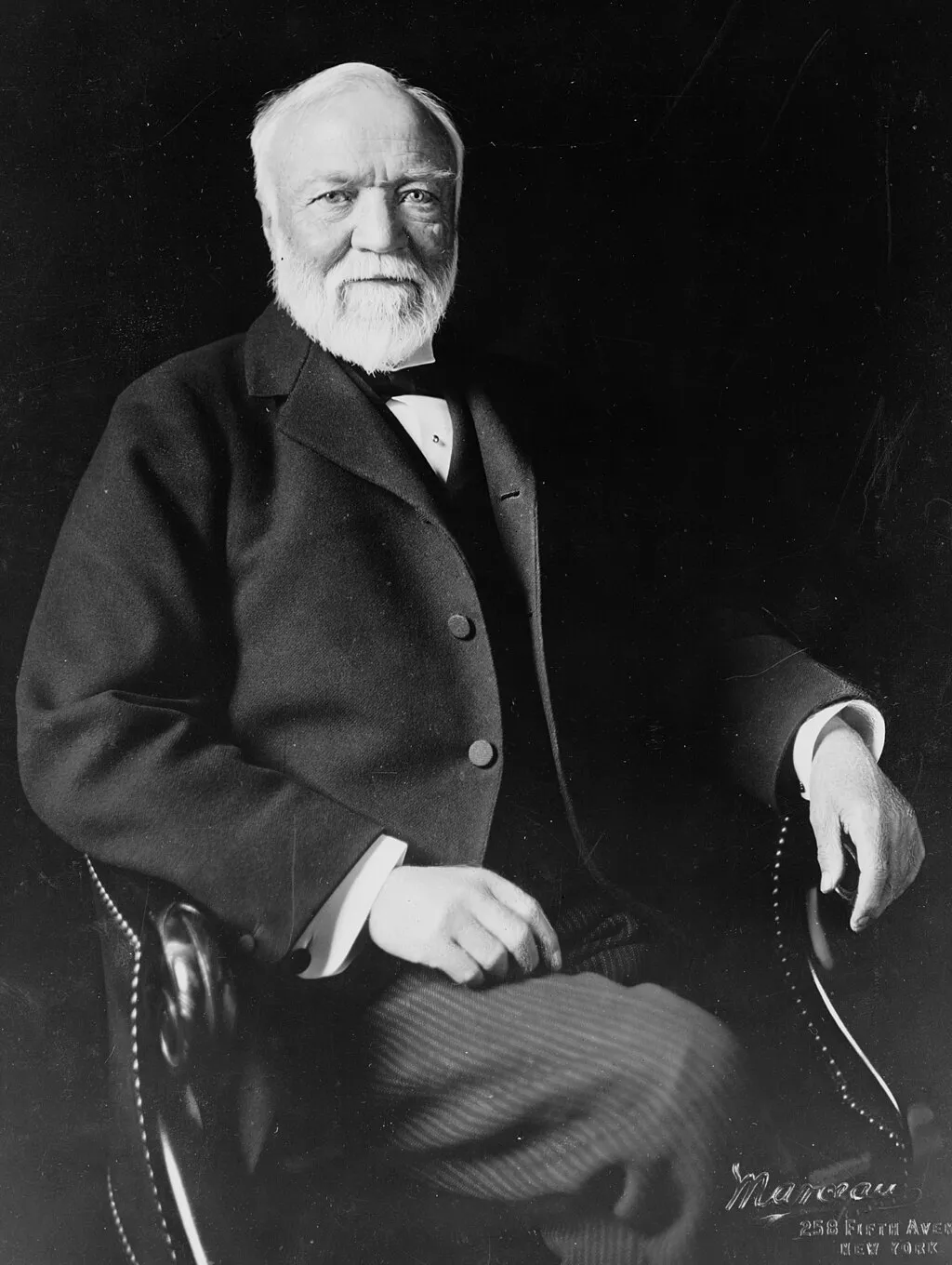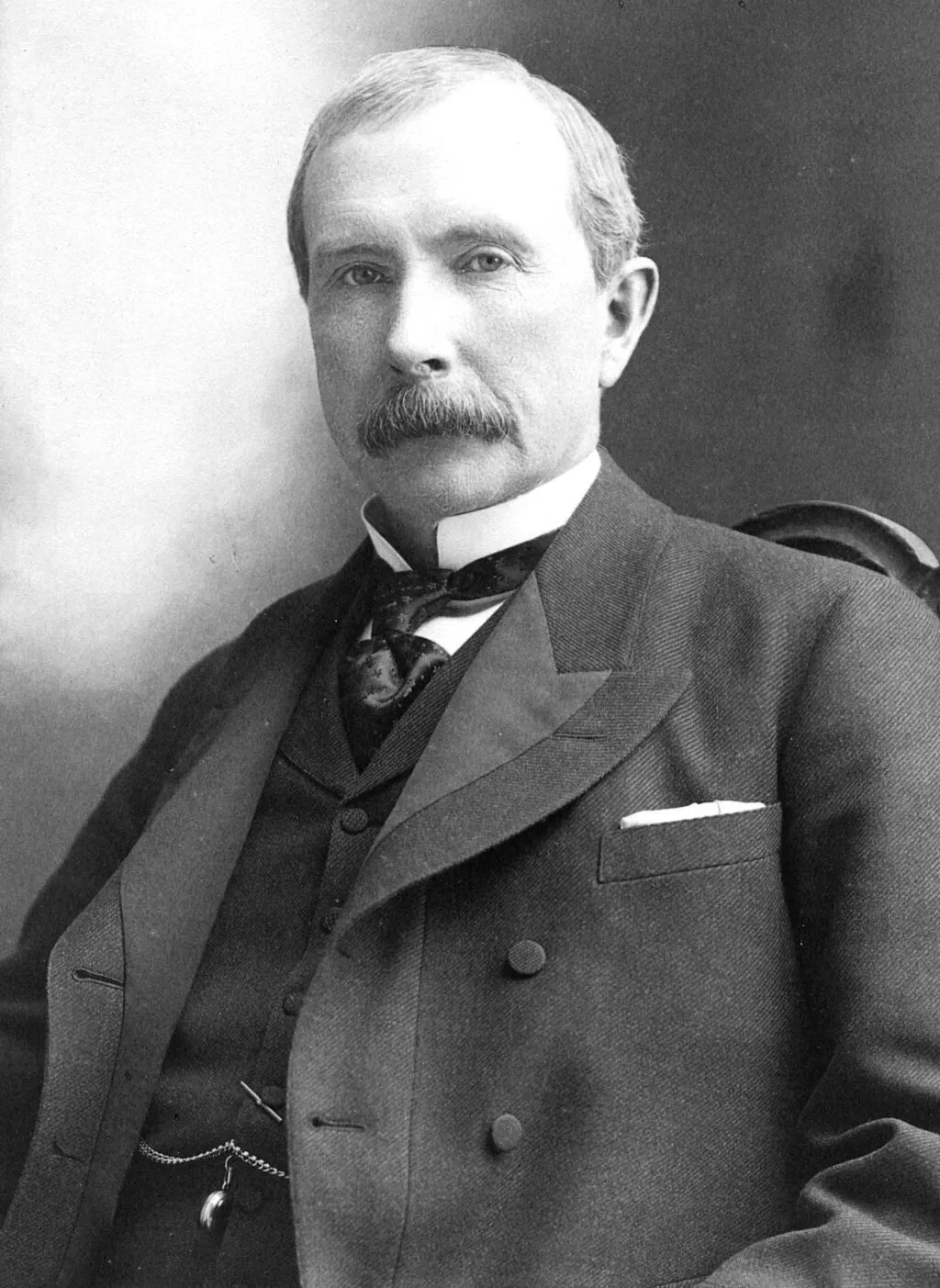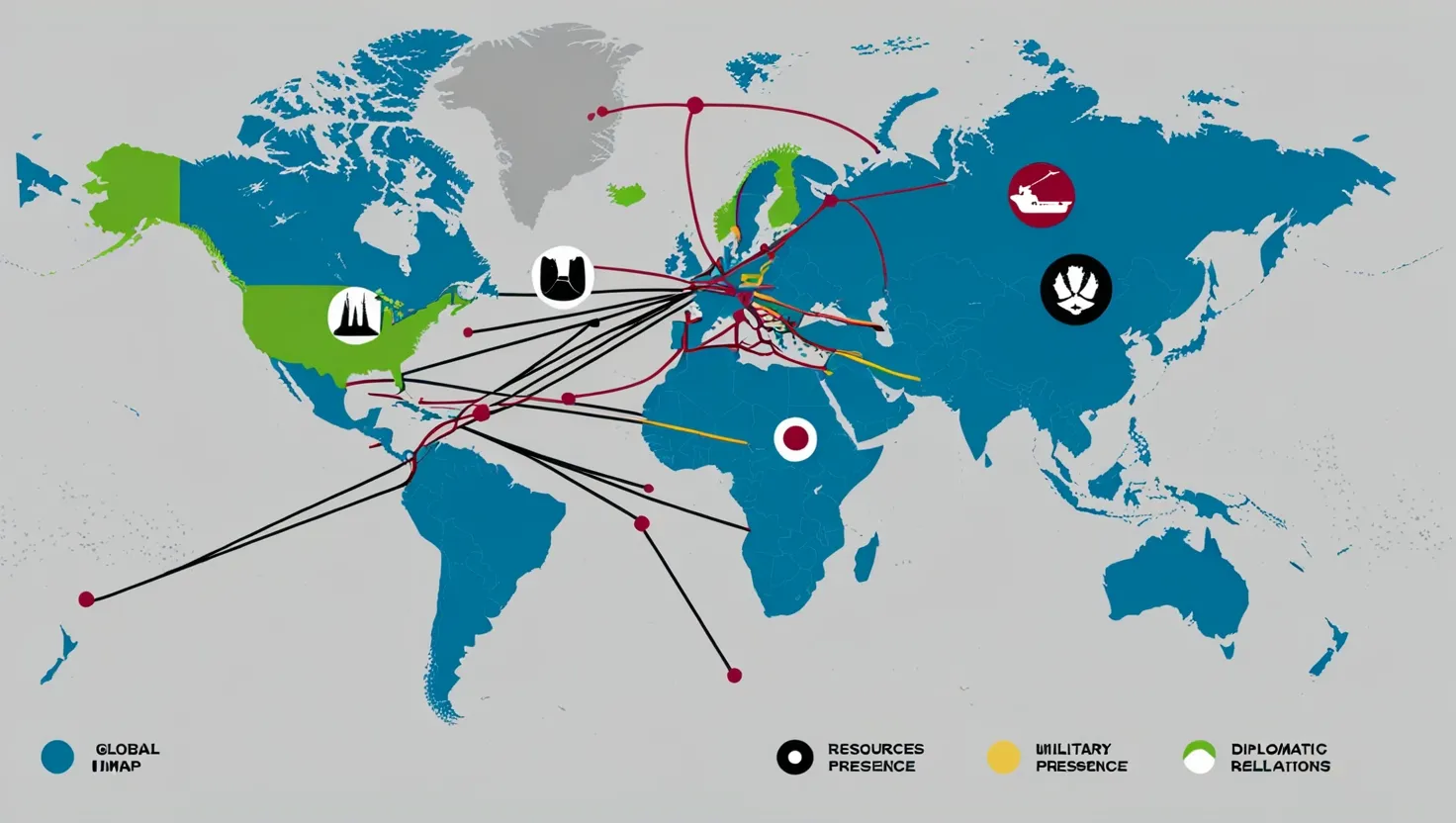Imagine growing up in the same household, sharing the same parents and upbringing, yet developing vastly different approaches to money. This is the story of Rohan and Riya, twins who embarked on a journey to uncover the hidden 'money scripts' that have shaped their financial behaviors.
Money scripts are essentially the unspoken rules and beliefs about finances that are passed down through generations. These scripts are formed early in childhood, influenced by family dynamics, cultural background, and even highly emotional events related to money. For Rohan and Riya, their money scripts were molded by their parents' and grandparents' experiences, which in turn affected their own spending patterns, career choices, and overall financial health.
Rohan, the cautious saver, always felt a strong need to save money. He would often avoid spending on anything that wasn't absolutely necessary, fearing that financial instability could be just around the corner. On the other hand, Riya was a free-spending risk-taker. She believed that money was meant to be enjoyed and that saving too much could lead to a life of missed opportunities.
As they delved deeper into their family's financial history, they discovered that their money scripts were not just random behaviors but were deeply rooted in their family's past. Their parents, who had grown up in a low-income household, had instilled in them different money scripts. Rohan's cautious nature stemmed from his parents' constant struggle to make ends meet, while Riya's spending habits were influenced by her grandparents' stories of how they had enjoyed life despite financial hardships.
The concept of money scripts is akin to a script that an actor follows. Once these scripts are internalized, they drive our behaviors automatically, often without us even realizing it. For instance, if you grew up hearing phrases like "Money doesn't grow on trees" or "You can have love or money, but not both," these could become ingrained money scripts that guide your financial decisions as an adult.
Rohan and Riya's journey also highlighted the role of financial flashpoints – highly emotional events related to money that can shape our money scripts. For example, if a family experienced a severe financial crisis during a child's formative years, the child might develop a money script that emphasizes the importance of saving at all costs. Conversely, if a family always celebrated financial successes with lavish spending, the child might adopt a money script that encourages spending as a way to enjoy life.
Understanding these money scripts is crucial because they can either help or hinder our financial well-being. For Rohan, his money vigilance script, which emphasized saving and caution, was beneficial in many ways but also led to excessive financial anxiety. Riya's money avoidance script, which made her avoid thinking about money, resulted in reckless spending and financial instability.
The twins realized that these scripts were not just personal but also trans-generational. They were passed down from their parents and grandparents, often unconsciously. This phenomenon is similar to epigenetics, where environmental factors can affect gene expression without altering the DNA sequence itself. In the context of money scripts, financial traumas or successes in previous generations can leave lasting imprints on family members, influencing their financial behaviors.
Breaking these negative cycles requires a deep understanding of where these money scripts come from and how they affect our lives. Rohan and Riya started by identifying their harmful patterns and challenging the inherited beliefs that no longer served them. They learned to communicate openly about money, a topic that had been taboo in their family for generations.
For Rohan, this meant recognizing that saving was important but not at the expense of enjoying life. He began to allocate a portion of his savings for experiences and personal development. Riya, on the other hand, learned to balance her spending with a more mindful approach to saving. She started setting financial goals and tracking her expenses to ensure she was not overspending.
Their journey was not just about changing their individual behaviors but also about crafting healthier financial narratives for themselves and future generations. By doing so, they were able to break the negative cycles that had been perpetuated in their family for years.
This story offers a fresh perspective on personal financial behaviors, blending concepts from psychology, genetics, and finance. It highlights the importance of understanding and addressing our money scripts to achieve financial health and stability. By recognizing and challenging these scripts, we can create new, empowering financial legacies that benefit not just ourselves but also our families and communities.
In essence, money scripts are like the seasoning in a recipe – a little bit can be good, but too much can be disastrous. Understanding and managing these scripts is key to achieving a balanced financial life. Rohan and Riya's journey serves as a reminder that our financial behaviors are not fixed and can be changed by uncovering and challenging the unconscious beliefs that drive them.
As you reflect on your own financial behaviors, consider the money scripts that may be guiding your decisions. Are there certain beliefs about money that you've inherited from your family? How have these scripts influenced your spending patterns, savings habits, and overall financial health? By exploring these questions, you can begin to identify and challenge any harmful patterns, ultimately creating a healthier financial future for yourself and your loved ones.
The process of changing money scripts is not easy, but it is rewarding. It involves a commitment to self-discovery and a willingness to challenge long-held beliefs. However, the outcome is well worth the effort – a more balanced, empowered approach to money that aligns with your true values and goals.
In the end, Rohan and Riya's story teaches us that our financial destinies are not predetermined by our family's past. Instead, we have the power to shape our own financial futures by understanding, challenging, and changing the money scripts that have been passed down to us. This journey of self-discovery and financial healing is one that can lead to greater financial stability, peace of mind, and a more fulfilling life.






